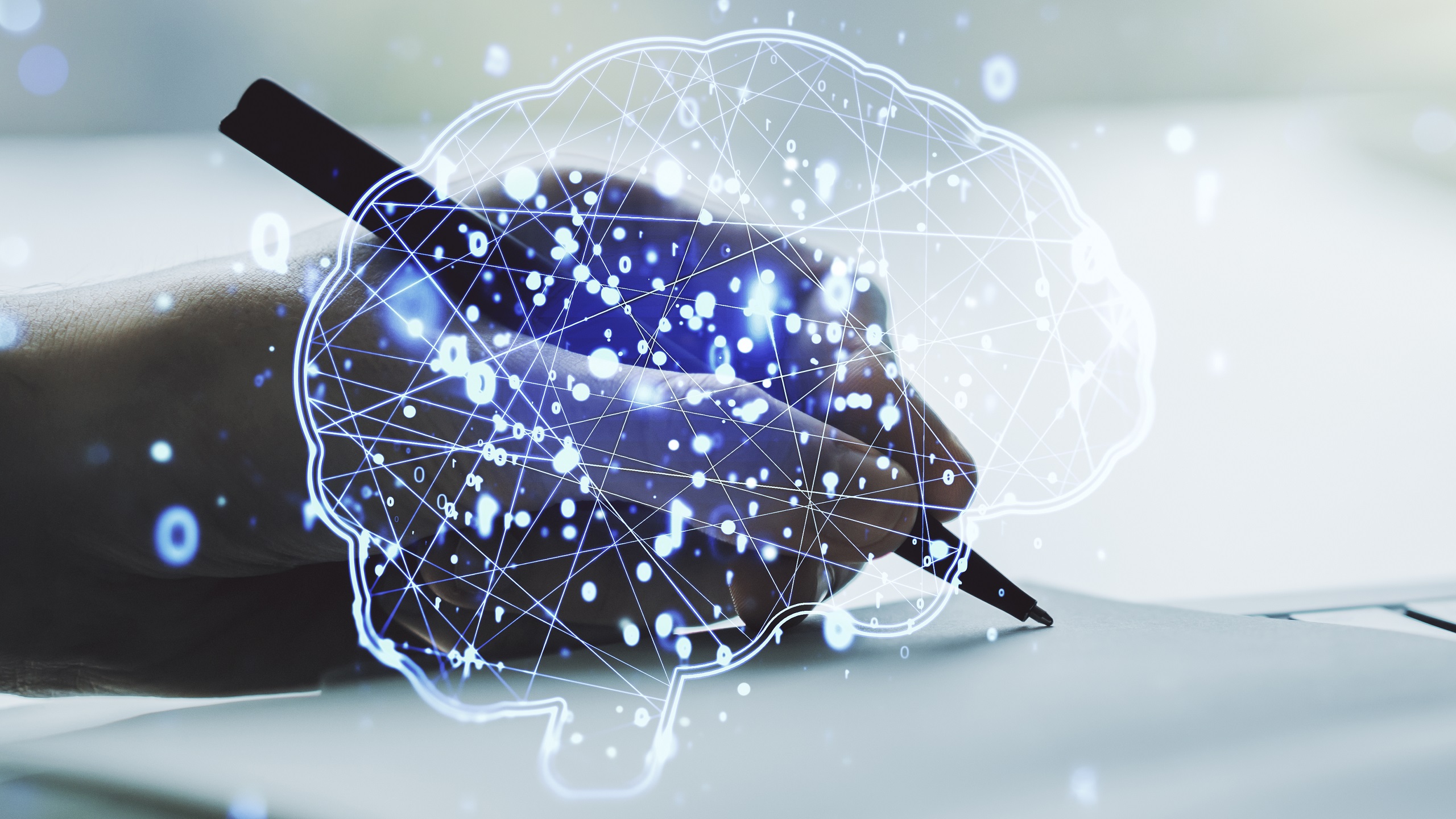There Is No Need To Fear Artificial Intelligence
Al-Watan, Egypt, July 20
We hear and read about the potential impact of artificial intelligence (AI) and the upcoming technological revolution in reshaping our lives and indeed, the entire world. It is predicted that this transformation will drastically alter our personal and professional routines, leading to the potential demise of thousands of jobs. Consequently, numerous applications have appeared in various fields, rapidly intimating our lives. For many years, journalists have been utilizing AI tools to generate and edit news. I have personally used AI to perform linguistic analysis of texts, which allows for quick and accurate summaries of information suitable for journalistic topics. This has sped up the editing process and increased the precision of the news content I generated. The term “artificial intelligence” first made its rounds during the 20th century but did not gain the popularity it enjoys today. This is largely due to technological inaccessibility, the prevalence of illiteracy, and the prohibitive costs associated with its implementation. AI is fundamentally based on data input by users. Thus, it can only be helpful to us if we “feed” it real-world information, from real users, over time. It cannot generate knowledge from thin air. The dangers of AI are plentiful and frightening. In a short time span, socio-political landscapes have been distorted by the proliferation of doctored images, fabricated texts, and even videos created utilizing deepfake technology. Individuals can suddenly be found in places they have never been, with words falsified to have come from their own mouths. Meanwhile, ordinary citizens struggle to verify the truth in what they watch, hear, or read. The victims of this digital manipulation are those who lack the skills necessary to verify the authenticity of content. Artificial intelligence, akin to the newly launched Threads application—a competitor to the ever-popular Twitter digital platform—is not yet fully realized. Both remain a work in progress. But I urge you not to be taken aback by the potential of artificial intelligence. Refrain from overstating its capabilities and don’t be afraid of what the future may hold. Change and progress don’t come overnight; equip yourself with the skills of the present to be well-prepared for tomorrow. —Ehab Saber (translated by Asaf Zilberfarb)

